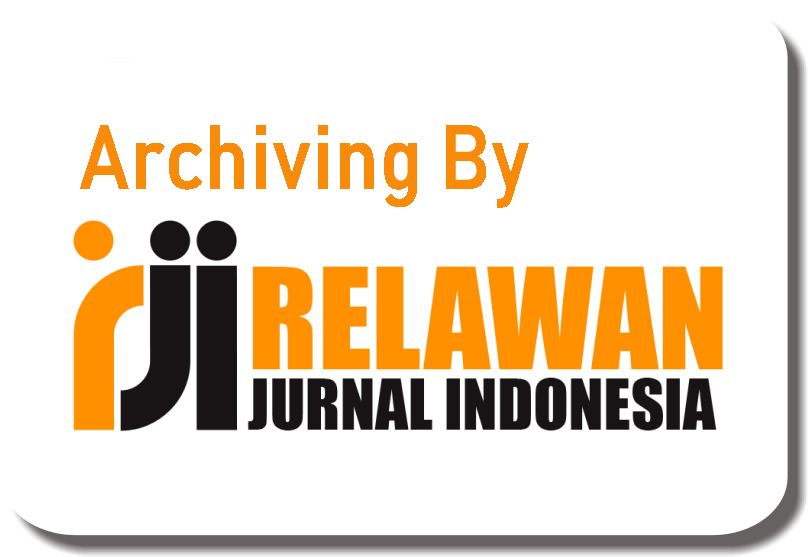Differentiated Learning Strategies in Improving Social Skills of Elementary School Students
Abstract
Differentiated learning is a strategy that focuses on adjusting subject matter, teaching methods, and assessments to better suit the individual needs, abilities, and interests of students. This study aims to explore the role of differentiated learning strategies in improving students' social skills at the elementary school level. Using a qualitative descriptive approach and literature study method, this study examines various scientific literature published between 2021 and 2025, both from national and international journals that have been indexed in reputable databases such as SINTA, DOAJ, Scopus, and Web of Science. Differentiated learning strategies are defined as instructional approaches that adjust the learning process, teaching materials, and forms of evaluation according to different characteristics of students, such as learning styles, academic readiness, interests, and other individual needs. This approach is not only aimed at improving academic results, but also proven to be able to create an inclusive and supportive learning environment for the development of students' social skills. The results showed that students who participated in differentiated learning tended to show improvements in communication skills, work in groups, resolve conflicts, and build empathy and confidence. This strategy also helps to form healthy and positive social interactions in the classroom environment. Thus, the application of differentiated learning makes an important contribution to the educational process that not only emphasizes the cognitive aspect, but also supports the formation of students' character and social skills. Differentiated learning has been shown to be effective in improving the social skills of elementary school students by adapting materials, methods, and learning environments to individual needs. This approach not only supports academic achievement, but also shapes character and social abilities such as communication, cooperation, and empathy.
Keywords
Full Text:
PDFReferences
Andriani, N., & Yusuf, R. (2022). Strategi pembelajaran inovatif dan efektivitas sosial siswa. Jurnal Inovasi Pendidikan, 10(3), 99–107.
Chandra, B., Rahman, A. S., & Nugroho, V. (2025). The role of differentiated activities in developing social skills. Journal of Primary Education Research, 5(1), 60–69.
Dewi, R., Maulida, N., & Prasetya, H. (2022). Pembelajaran inklusif melalui diferensiasi: Studi di sekolah dasar. Jurnal Pendidikan Humaniora, 11(3), 89–97.
Hasanah, S. (2021). Peran guru dalam implementasi pembelajaran berdiferensiasi di SD. Jurnal Pendidikan dan Pembelajaran, 21(1), 33–40.
Johnson, K., & Martinez, S. (2021). Differentiation and social-emotional learning in primary education. Education and Child Development, 16(4), 45–53.
Lee, H., Wong, T., & Chen, M. (2024). Adaptive teaching and social growth in elementary schools. Asia Pacific Journal of Education, 44(1), 15–24.
Lestari, M. (2024). Meningkatkan partisipasi sosial siswa SD melalui pembelajaran berbasis minat. Jurnal Pendidikan Dasar Indonesia, 14(1), 73–81.
Nuraini, N. (2023). Analisis keterampilan sosial anak usia dini melalui model pembelajaran berdiferensiasi. Jurnal Psikologi dan Pendidikan, 12(2), 67–75.
Pratama, R., & Widya, L. (2022). Pengembangan keterampilan sosial melalui model pembelajaran kolaboratif. Jurnal Pendidikan Karakter, 13(2), 50–59.
Putri, A., & Santosa, D. (2023). Strategi pembelajaran berdiferensiasi untuk meningkatkan interaksi sosial siswa. Jurnal Ilmiah Pendidikan Dasar, 9(1), 22–30.
Roberts, L., & Kim, Y. (2023). Inclusive teaching practices and peer interaction. International Education Studies, 15(3), 110–118.
Sari, D., Anggraeni, R., & Hidayat, A. (2021). Implementasi strategi diferensiasi dalam pembelajaran tematik. Jurnal Cakrawala Pendidikan, 40(2), 123–131.
Smith, J., & Lee, M. (2022). The impact of differentiated teaching on social competency. International Journal of Educational Research, 58(2), 101–110.
Tomlinson, C. A. (2021). Differentiated instruction: Addressing diversity in the classroom. Journal of Educational Strategies, 34(1), 12–19.
UNICEF Indonesia. (2021). Learning Recovery: Mitigating the Impact of COVID-19 on Children’s Learning and Well-being in Indonesia. Jakarta: UNICEF Indonesia. Retrieved from https://www.unicef.org/indonesia/reports/learning-recovery
Zhang, Y., & Liu, X. (2023). Differentiation and classroom engagement: A meta-analysis. Global Education Review, 19(1), 85–94.
DOI: https://doi.org/10.31004/jele.v10i4.1074
Refbacks
- There are currently no refbacks.
Copyright (c) 2025 Niken Fifriani Rambe, Hamdan Tri Atmaja, Sri Sumartiningsih, Agus Yuwono

This work is licensed under a Creative Commons Attribution-ShareAlike 4.0 International License.



